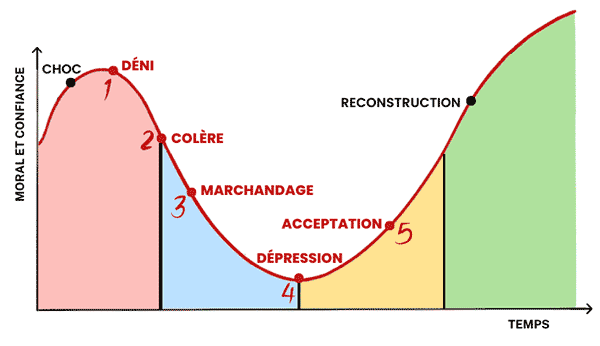May 26, 2006 – Women change their food choices when working out, but not necessarily for the better. Researchers have found that as a result of physical activity, they consume more foods with a high energy density, such as oils.
According to the findings of a study1 directed by French and Quebec researchers, physical activity programs should be accompanied by nutritional recommendations. These results were presented by Karine Vallée, graduate in medical biology and holder of a master’s degree in kinesiology, as part of the congress of the Association francophone pour le savoir (ACFAS)2.
No less than 156 postmenopausal and obese women, selected from seven cities in France, participated in this study. For three weekly sessions, they had to walk 45 to 55 minutes at a brisk pace, that is, 50% to 60% of their cardiorespiratory capacity, for 16 weeks.
Between the start and the end of the experiment, the participants lost 1.3 kg (2.5 pounds) on average. Their body mass index (BMI) fell from 30 to 29.5 from start to finish. With such a BMI, they were no longer considered obese, but rather overweight people. These improvements were enough to reduce the risk of cardiovascular disorders, according to the researchers.
The number of calories ingested did not change between the first and the sixteenth week of the study. Participants tended to eat less sugary foods, but also less fruit. They turned more to oils, especially salad oils. But the study does not allow to know why.
Martin LaSalle – PasseportSanté.net
1. Vallée K, Roussel M, Garnier S, Gaubert I, Lemoine S, Tremblay A, Auneau G, Mauriège P. Effect of an endurance training program on food preferences in postmenopausal women.
2. The 74e ACFAS congress took place from May 15 to 19, 2006, in Montreal, under the theme Knowledge weaves of modernity: www.acfas.ca [consulté le 23 mai 2006]













